Friday 01 July 2016, 18.30–20.00 @ British Museum's BP Lecture Theatre a 'special event' for the 200th year anniversary of the British Museum’s acquisition of the Elgin collection.
Chaired by Curator Ian Jenkins, British Museum, panellists include David Bindman, Emeritus Professor of the History of Art at UCL, Athena Leoussi, Associate Professor in European History at the University of Reading, and author and historian Dominic Selwood. Introduced by Lesley Fitton, Keeper of the Department of Greece and Rome, British Museum.
And a reminder to Dominic Selwood that if he believes Lord Elgin 'saved the Parthenon marbles' - BCRPM's response is as follows:
1. Whether or not Elgin "rescued" the Parthenon Marbles, that is no excuse for holding on to them now;
2. The Greeks fought their war of independence in the name of Hellenism, a concept and a spirit preserved and transmitted through their language throughout centuries of conquests and occupations;
3. The Parthenon is a monument of unique significance not just for Greece but for western civilisation;
4. The Parthenon is a fixed monument and it is in Greece;
5. The sculptures are integral architectural elements of it;
6. Both the Parthenon and it's other sculpted elements lack artistic integrity while they are separated;
7. Admittedly, the sculptures can no longer be re fixed to the Parthenon or indeed displayed anywhere in the open. However in the glass walled Parthenon Gallery of the magnificent Acropolis Museum, glassed walled and in line of sight of the Parthenon, and only there, they can be viewed simultaneously with the building to which they belong. Thus the case for reunification of the Parthenon marbles is not a legal one about rights of ownership, current or historic, but cultural and ethical. The onus of justification should be on those who resist restoring the integrity of the sculptures from the Parthenon - the Parthenon a UNESCO World Heritage monument, the very emblem of UNESCO itself.

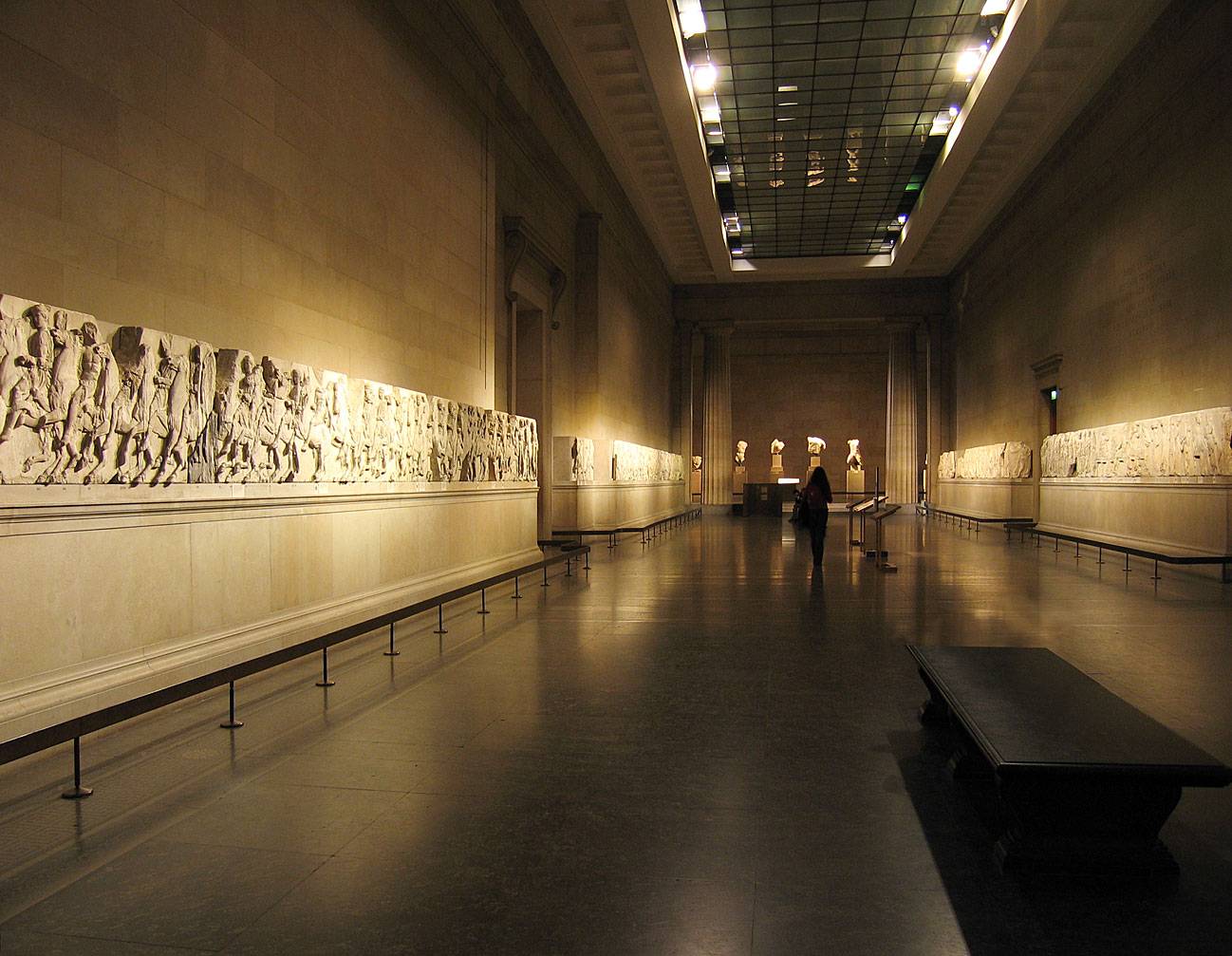
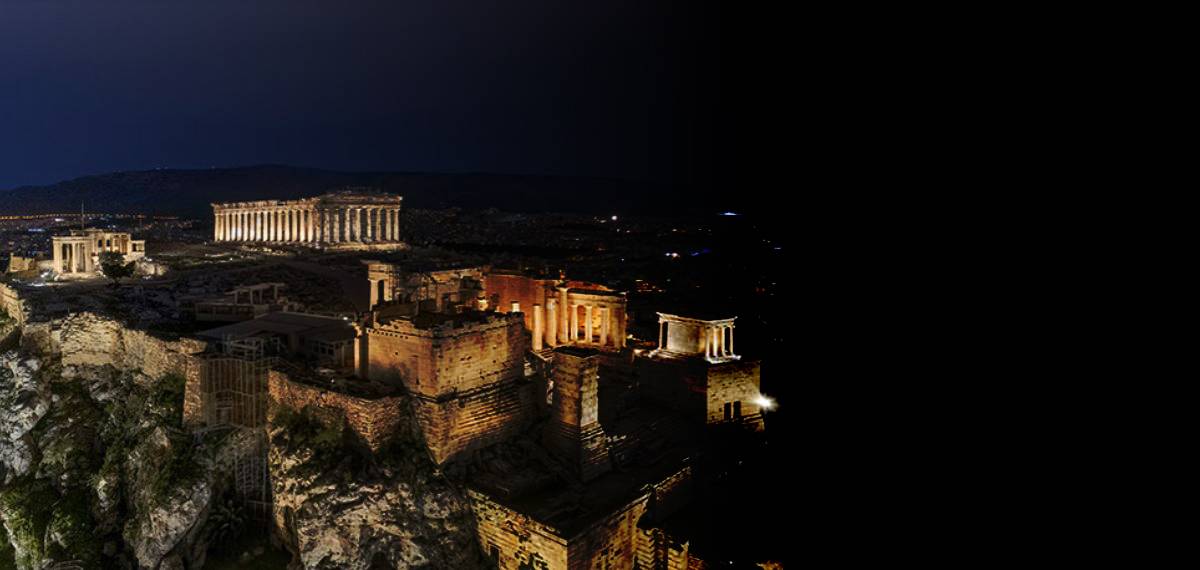
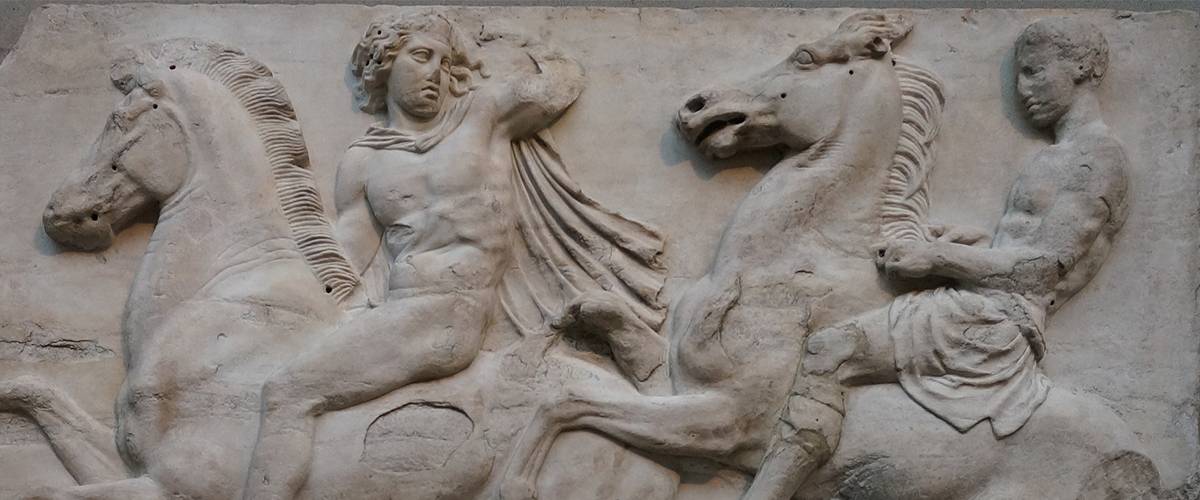

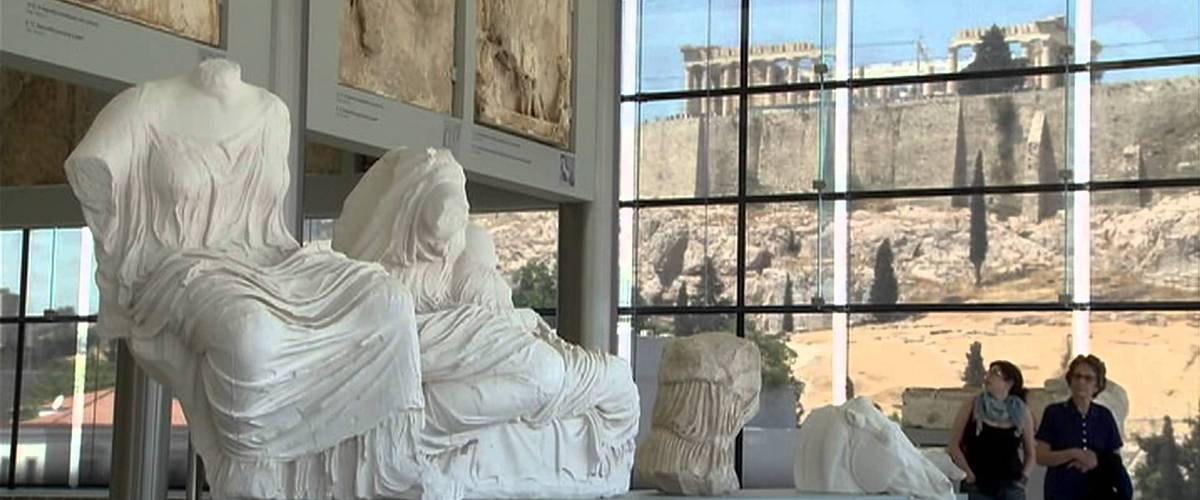
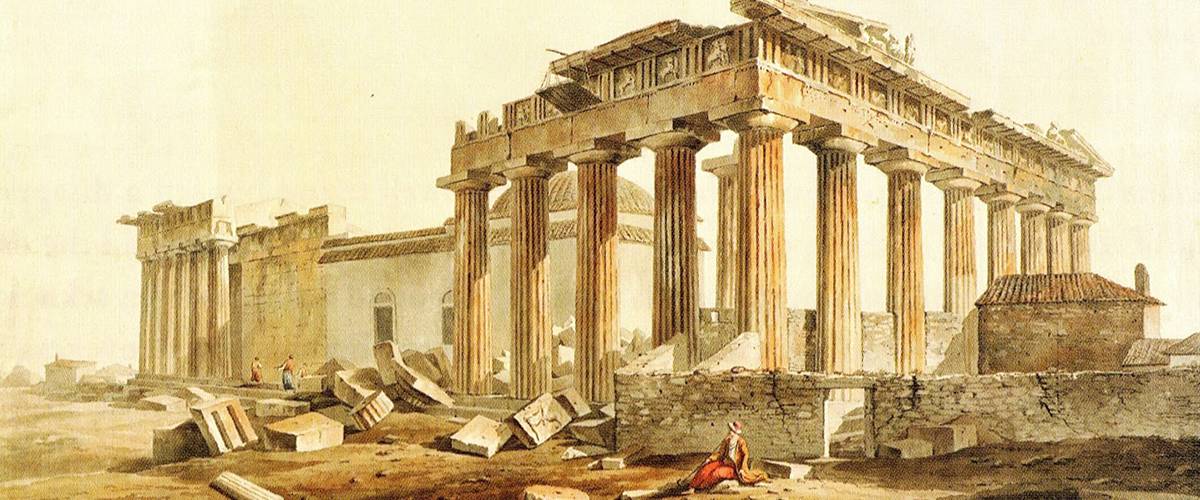
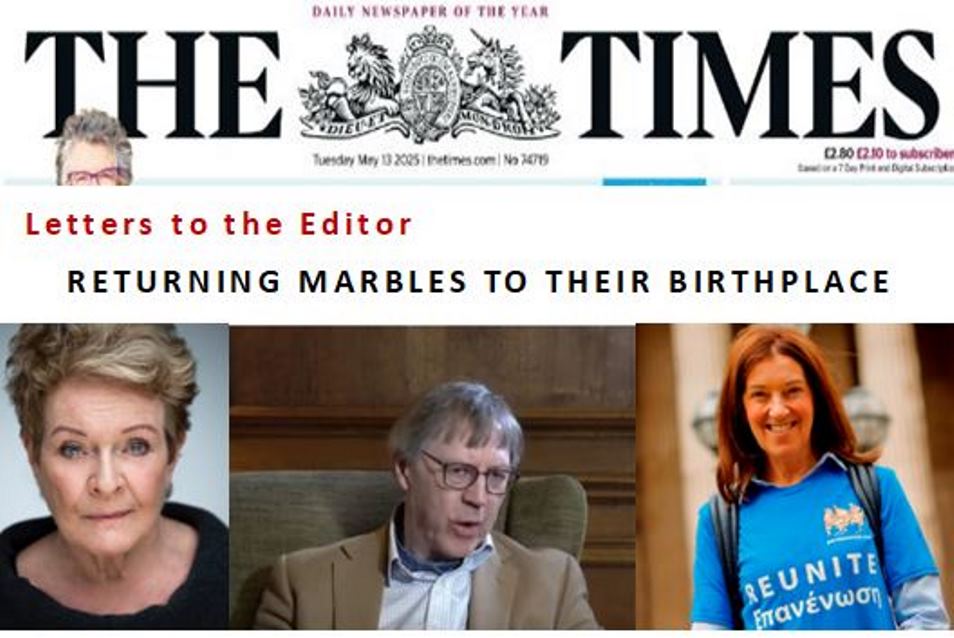
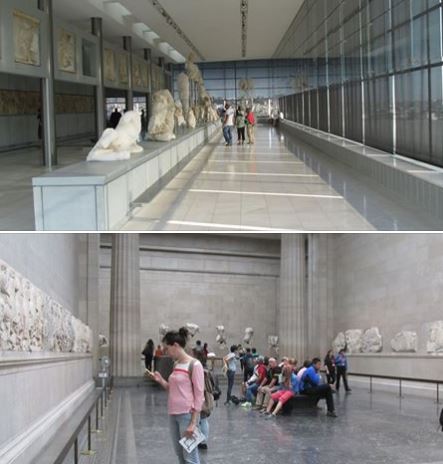
Comments powered by CComment